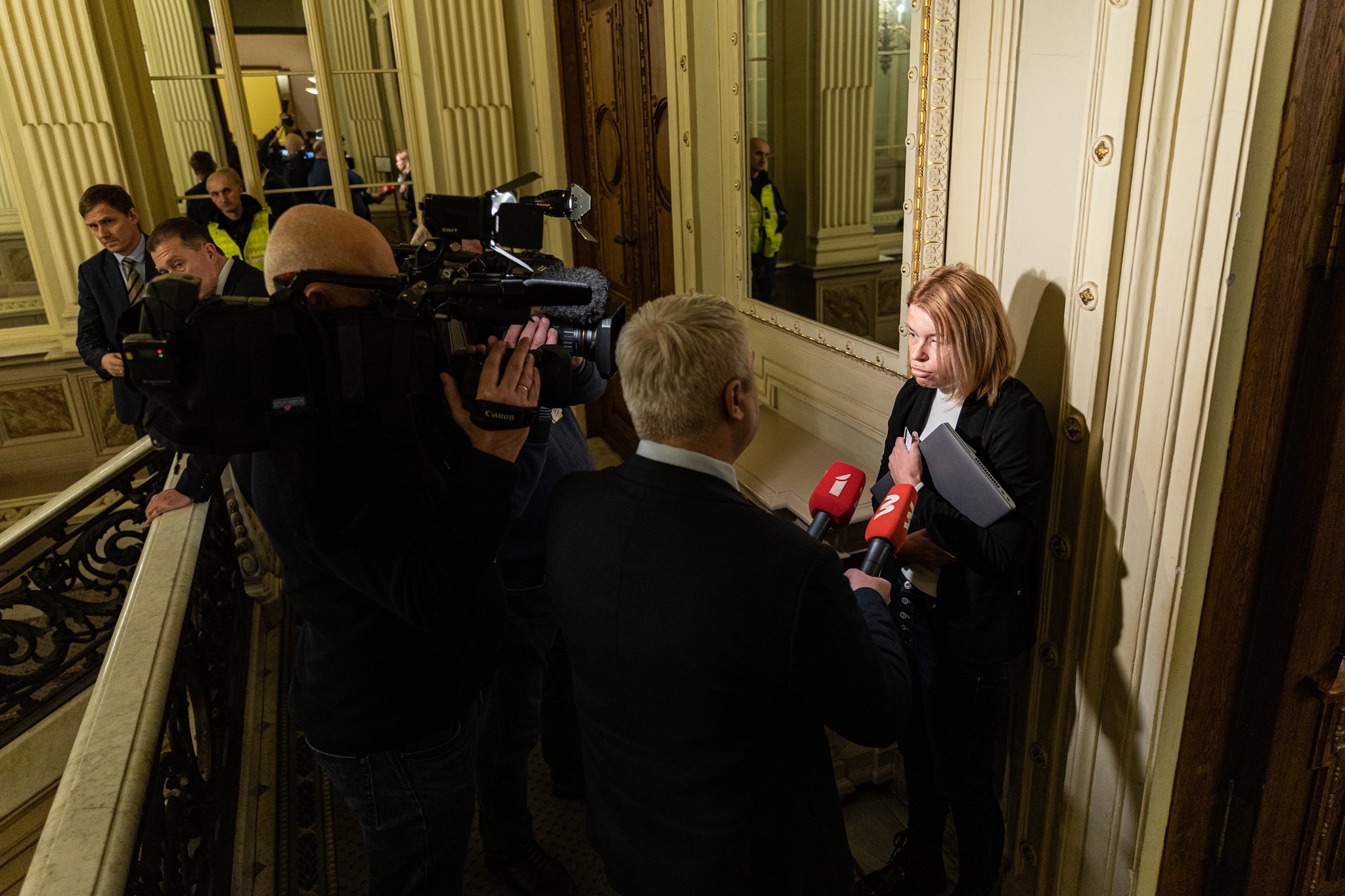
Main narratives:
- Latvians are Russophobic;
- WHO is an evil organization.
Overview:
The Alliance of Young Latvians, under the leadership of Glorija Grevcova and Rūdolfs Brēmanis, has employed several distinct pro-Kremlin and conspiratorial narratives across their growing social media platforms, particularly on TikTok and Facebook, where they have achieved notable engagement metrics that surpass other populist figures. As this formerly fringe political entity – created through the merger of “Sovereign Power” and “Alliance of Young Latvians” – approaches potential representation in the upcoming June Riga city council elections, their messaging reflects several problematic themes.
Both leaders of the party claimed systematic persecution against Russian speakers in Latvia. They specifically highlighted restrictions around May 9th commemorations, framing regulations that prohibit glorification of the Soviet Union and Russian aggression and limit flower-laying ceremonies to graveyards rather than Soviet monuments as Russophobic government oppression. Another post of Grevcova covered a random hateful social media post advocating violence toward Russian women. This provoked outrage in her audience, and this post attained 150,000 views. This Russophobia in Latvia narrative aligns with broader Kremlin messaging that portrays Baltic states as engaging in discrimination against Russian-speaking populations.
In another TikTok, Grevcova expresses outrage at alleged criticism that if she doesn’t like Latvia, she should leave. This allowed her to position herself as a victim of intolerance while simultaneously criticizing government and their political competitors, the Harmony party.
Bremanis pushed vague but alarming conspiracies regarding the World Health Organization (WHO). He suggested the WHO is engaged in unspecified nefarious activities, reflecting common sovereignty-based conspiracy theories that portray international organizations as threats to national independence and health.
As this previously marginal political group approaches the electoral threshold for formal political representation, their strategic deployment of these narratives demonstrates how pro-Kremlin talking points and conspiratorial frameworks are being mainstreamed within Latvia’s political discourse.









